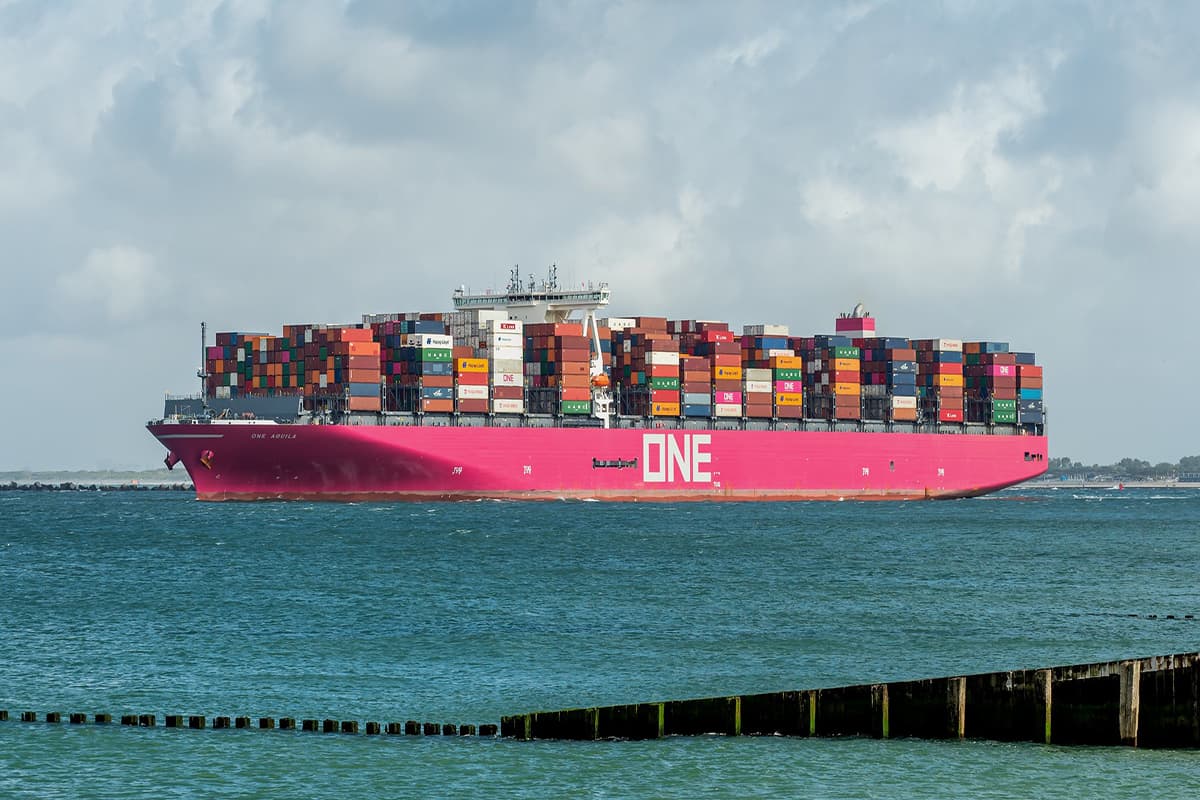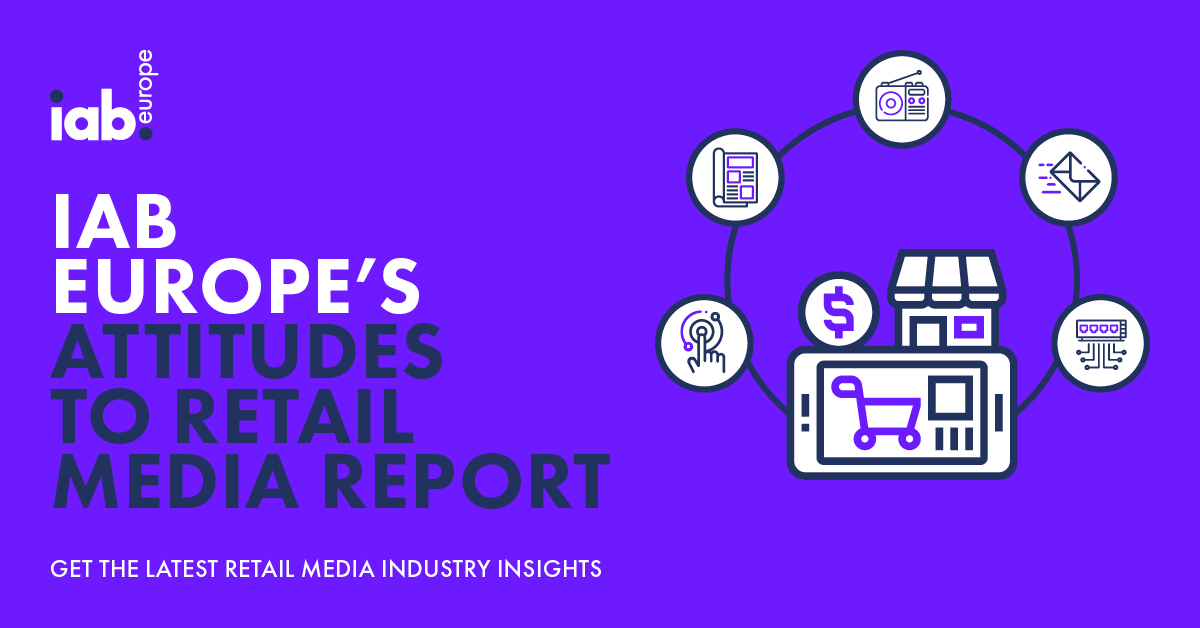It’s the biggest trade deal since Brexit, but just what will the UK joining the CPTPP, the Comprehensive and Progressive Agreement for Trans-Pacific Partnership, a trans-Pacific trading block, actually give to UK SME retailers?
The official government line is that it will unlock access to a region with a total GDP of £11 trillion ($13.6 trillion), but how exactly will UK businesses access this market that is literally on the other side of the world – and will it make up for the lost business with trade barriers to operating in near-by Europe?
What is CPTPP?
The CPTPP is a free trade bloc made up of 11 nations spread around the Pacific, namely Canada, Mexico, Peru, Chile, New Zealand, Australia, Brunei, Singapore, Malaysia, Vietnam and Japan.
The UK’s agreement to join is expected to be formally signed by the end of 2023, after final approval from Parliament and the 11 member states.
The trade pact evolved out of the now-defunct Trans-Pacific Partnership, or TPP, that originated in the United States but fell apart after former President Donald Trump scrapped US involvement.
What’s in it for the UK?
UK prime minister, Rishi Sunak, said the deal will cut tariffs on exports of food, drink and cars, and will grant access to a market of around 500 million people and will be worth 15% of global GDP once the UK joins the trade bloc.
The UK estimates joining the CPTPP will boost its economy by £1.8 billion in the long term and lift wages by £800 million compared with 2019 levels.
The trade secretary, Kemi Badenoch, said the deal sends a “powerful signal” that Britain is using its “post-Brexit freedoms to reach out to new markets around the world and grow our economy.”
Natalie Black, the UK’s trade commissioner for Asia Pacific, called it a “progressive deal” for Britain in an interview with CNBC’s “Squawk Box Asia. “This deal is, yes, about economic performance today, but is very, very much about economic performance in the future”, she said. “This is the part of the world that is going to drive economic growth, and also drive the rules of the road of trade going forward. We want to be part of those discussions.”
Supply chain and logistics an issue
There is a potential long-term gain from the UK in joining CPTPP, but for various reasons, the UK’s physical distance from the Pacific reduces the benefits. However, a potentially highly significant advantage exists in one often overlooked respect.
According to supply chain expert Oliver Chapman, CEO of supply chain specialist OCI, “The benefits are tempered somewhat, however, when you consider that the UK already has trade deals with nine out of 11 of the members of CPTPP. But, then again, this is not quite as damning a point as it may seem since not all these agreements are full trade agreements.”
Chapman suggests that perhaps of greater significance is the possibility, or indeed probability, that CPTPP is likely to expand further still. Potential new members include fast-growing ASEAN countries Indonesia, Thailand and the Philippines, the world’s tenth largest economy South Korea, Taiwan, several South American countries and possibly even China. So, whilst the UK’s membership of CPTPP may not introduce significant benefits at the outset, they are likely to improve significantly over time.
“There are two more important considerations, one favourable, the other less favourable,” Chapman says. “Firstly, membership of CPTPP does not only provide free trade in goods but in services too, and since services are an important part of the U.K. economy and are often missing from free trade agreements, this is an important benefit. However, laws on digital taxation vary across the world introducing complexity to the digital supply chain, even within CPTPP.
“On the other hand, we see a greater emphasis on supply chain covering smaller geographical areas. There are multiple reasons for this, but three key reasons stand out. Firstly, high fuel costs mean long-distance transportation costs have increased significantly.
“Secondly, the pressure of climate change, net zero and ESG mean many organisations prioritise shorter distances within the supply chain.
“Thirdly, when supply chains encompass a large geographical area, final products and the components and materials that make them up spend more time in transit. As a result, cash flow can be massively impaired, significantly increasing the time it takes to scale up a new product.
“The CPTPP member closest to the UK is Mexico, other members are literally on the side of the planet, so the above three factors significantly reduce the benefits to the UK in joining the trading block.
“On the other hand, supply chains in services and digital supply chains are not so adversely affected by physical distances, and so the above disadvantages are less significant for non-physical supply chains, although complex variation in tax laws is a mitigating factor.”









